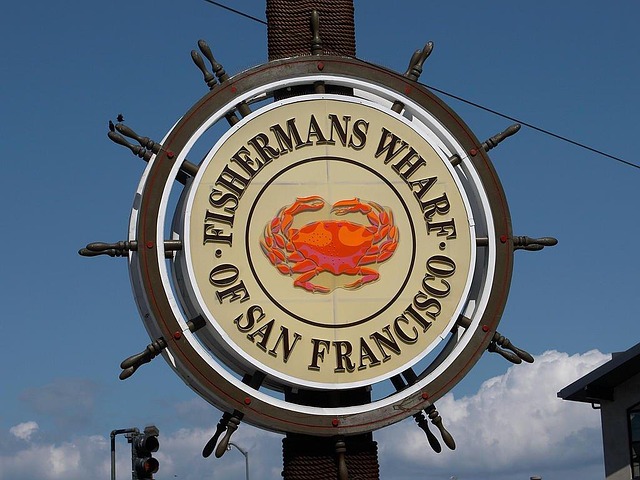In California's San Francisco, consent education is a crucial part of sexual health instruction guided by state-mandated guidelines. These ensure students learn about consent, healthy relationships, and sexual assault prevention at their appropriate level. Local rape law firms play a key role in defining legal consent boundaries and crimes, with schools mandated to teach these definitions to empower students to make informed decisions and foster mutual respect. Effective programs involve interactive workshops on boundaries, active listening, and empathy, reinforced by regular refresher courses. Despite progress, comprehensive programs need to evolve with societal norms and legal landscapes; incorporating real-world scenarios, diverse perspectives, guest speakers from legal and advocacy fields, and age-appropriate discussions can empower students to understand personal boundaries and foster healthier relationships, potentially reducing sexual assault rates.
In San Francisco, consent education is not just a recommendation but a requirement in schools, reflecting a forward-thinking approach to sexual health education. This article delves into the best practices and legal frameworks governing consent education in the city’s educational institutions. From defining consent and its significance in academic settings to exploring current rape law and local educational mandates, we provide insights into effective program implementation. Furthermore, we discuss challenges and future prospects for comprehensive sexual education, emphasizing the role of a rape law firm in San Francisco CA to ensure adherence to these vital educational initiatives.
Understanding Consent: Definition and Importance in Educational Settings
In educational settings, consent is a fundamental concept that goes beyond simple definition; it’s about fostering healthy relationships and respecting personal boundaries. Understanding consent means recognizing and honoring the choices and wishes of others, especially in situations where power dynamics exist, such as in schools. This is crucial because it prevents sexual harassment and assault, which are unfortunately prevalent issues, even prompting the need for a rape law firm San Francisco CA residents can turn to.
Consent education plays a pivotal role in creating a safe and inclusive environment for all students. It empowers young individuals to make informed decisions, communicate their boundaries effectively, and understand that every ‘no’ means no. This knowledge is essential to building a culture where respect prevails, potentially reducing incidents that may lead families to seek legal counsel from a rape law firm San Francisco CA offers.
Current Legal Frameworks: Rape Law and San Francisco's Educational Requirements
In California, including the city of San Francisco, consent education is a crucial aspect of comprehensive sexual health education. The state has established guidelines for schools to follow, ensuring students receive age-appropriate and accurate information about consent, healthy relationships, and sexual assault prevention. One of the key legal frameworks shaping this educational landscape is the rape law, which outlines the requirements for criminal prosecution and sets clear boundaries around consensual and non-consensual acts.
San Francisco schools are required to teach students about the legal definitions of consent, including what constitutes sexual assault and how to recognize and respect personal boundaries. This education goes beyond simply avoiding legal repercussions; it empowers students to make informed choices and fosters a culture of mutual respect and understanding. In collaboration with local rape law firms and community organizations, schools can provide comprehensive resources and support for students, ensuring they are equipped with the knowledge to navigate intimate relationships safely and ethically.
Implementing Effective Consent Education Programs in Schools
Implementing effective consent education programs in schools is a multifaceted process that requires careful planning and execution. It’s not merely about teaching students what consent means but also equipping them with the skills to navigate interpersonal interactions respectfully. Schools in San Francisco, guided by local laws and supported by rape law firms, can foster a culture of consent through age-appropriate curricula. This includes interactive workshops that promote open communication about boundaries, active listening, and empathy.
Curricula should be inclusive, addressing diverse identities and experiences while emphasizing the importance of mutual respect and understanding. Regular refresher courses and ongoing dialogue with students, parents, and educators can reinforce these lessons. Moreover, involving community resources like rape law firms in San Francisco CA ensures that schools have access to expert guidance and support for sensitive topics related to consent and personal safety.
Challenges and Future Directions for Comprehensive Sexual Education
Despite significant strides in sexual education awareness, comprehensive sex ed faces challenges in keeping pace with evolving societal norms and legal landscapes. One pressing issue is addressing the intricate topic of consent head-on, especially as it relates to preventing sexual violence. In San Francisco, where a robust rape law firm serves as a reminder of this ongoing battle, educators strive to equip students with the knowledge and skills to navigate intimate relationships ethically and respectfully.
Looking ahead, incorporating real-world examples and diverse perspectives into sexual education curricula is crucial. Engaging students through interactive workshops, guest speakers from legal and advocacy backgrounds, and age-appropriate discussions on consent laws can foster a deeper understanding of personal boundaries and healthy relationships. By embracing these future directions, San Francisco schools can contribute to a culture where informed consent is the norm, potentially reducing instances of sexual assault and promoting safer communities.





